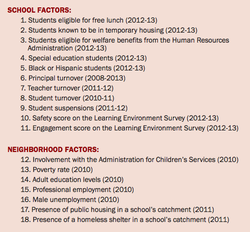I always think of that story whenever I have difficulty in my classroom today. Little did I realize back then but I was beginning to understand the ideas because restorative practices, a method of interaction that has framed who I am as an educator. Instead of simply responding to disrespect or disobedience with punishment or punitive measures, restorative practices calls for building relationships back up and restoring what was lost.
Recently I had another group of students with similar problems. It is the last class of the day and has the most students of all my classes. My co-teacher and I had planned an interactive lesson that involved movement and measurement but the students were unwilling to even try it out. A few students were attempting to get others in the classroom to stay back so that we could not move forward. In the end, we had one student storm out and a number of them feel aggravated.
So, our plan was put in place to have conversations in a circle, structured on what it means to building respect and earn trust. Since then our dialogue has focused on those two words, reminding students to get back on track in order to make sure we can work together. While it has not been perfect, we have definitely seen improvement and look forward to more in the future.
Today after school our staff had a town hall style meeting in which many explained our love (and dismay) for restorative practices. It often takes longer than punitive measures but can yield stellar results. It requires a lot of training and a change of mindset amongst a lot of staff.
I would argue that methods that work to build up instead of break down are exactly what we need in modern classrooms and is probably one of the reasons why I look to KIPP and similar schools with demerit-based programs as not behaving in the right way for student's needs. I am hoping more schools will be able to experience restorative practices soon.




 RSS Feed
RSS Feed
